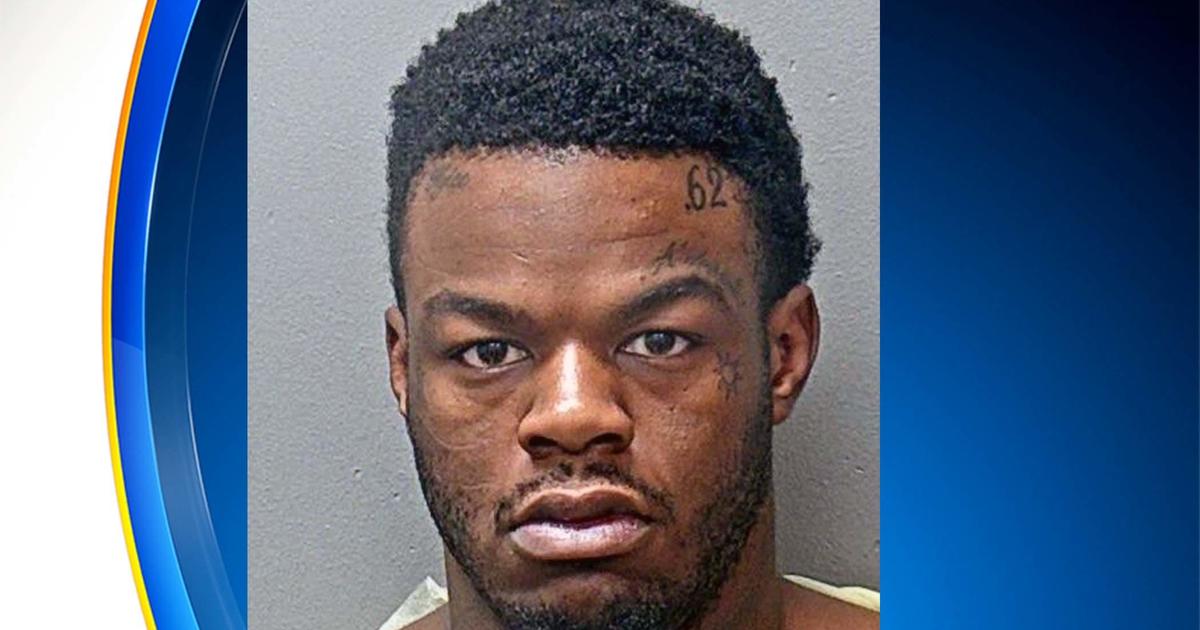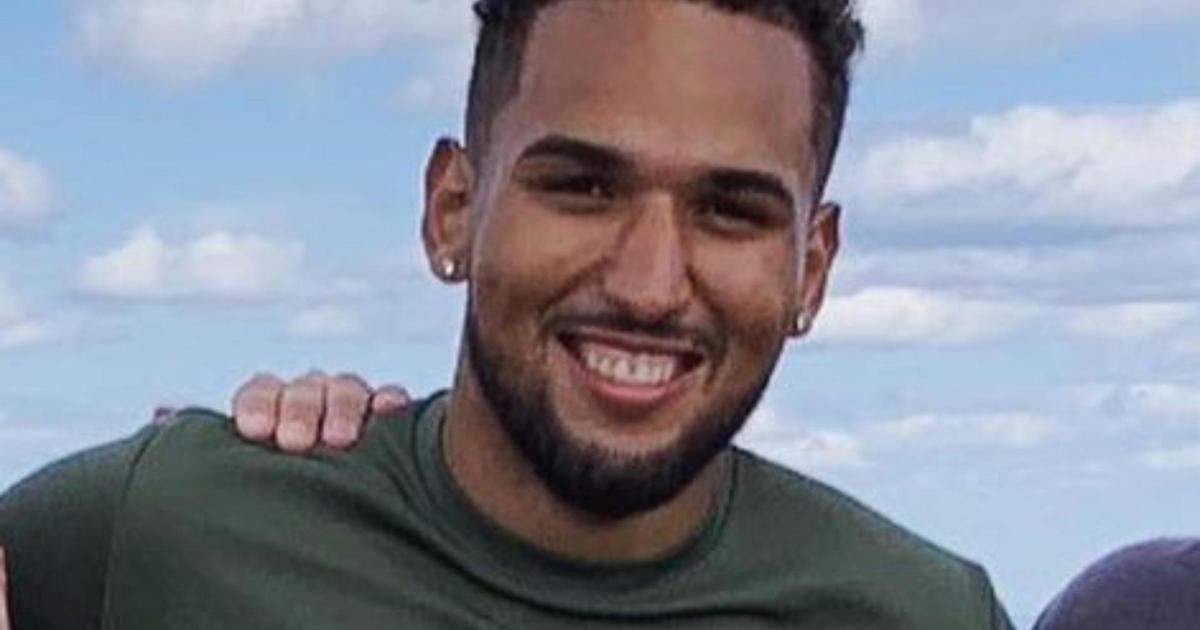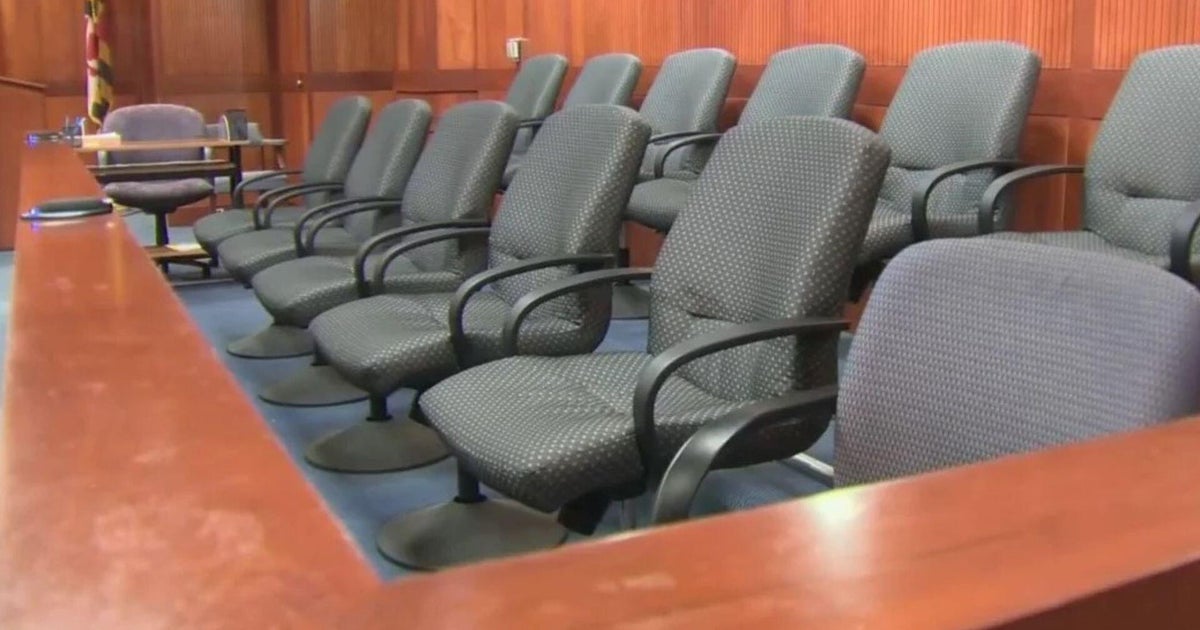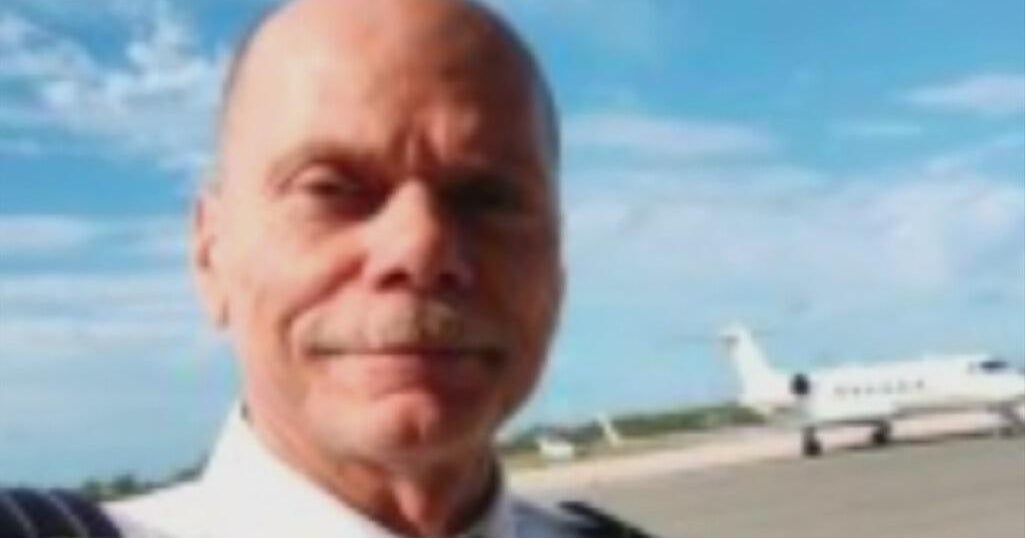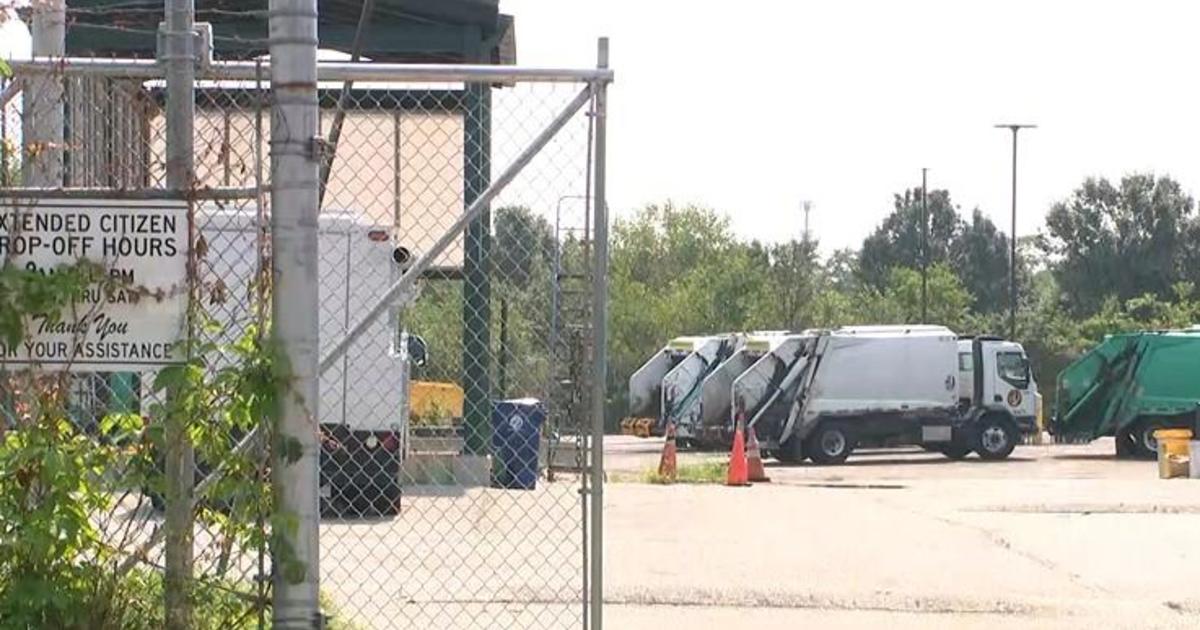Year-Old State Office Challenges Death Sentences
AUSTIN (AP) - Brad Levenson wasn't thrilled to watch the condemned prisoner die, but he believed it was his duty to his client -- and to the state-funded agency he now leads, charged with defending people who have been sentenced to death.
It was the first execution he'd ever seen.
"No matter how many pictures you see and other attorneys describing it, it's just a surreal experience," Levenson said of the lethal injection earlier this year of convicted killer Cary Kerr.
"I was haunted by that for weeks, thinking there was something we could have done," he said. "I don't want this to sound insensitive. I needed to see an execution to do the work I do... I had to see the start and the finish."
After years of handling death penalty cases as a federal public defender in California, which has the nation's largest death row but rarely carries out the ultimate punishment, Levenson heads the year-old Texas Office of Capital Writs, an independent state agency tasked with scrutinizing capital murder trials to ensure they were legally proper.
The Texas Legislature created the office two years ago after repeated embarrassing instances of shoddy legal work by appeals attorneys representing capital murder convicts. The agency now handles the state appellate process for nearly all new Texas death penalty cases.
"So far, I think we are seeing the system work as we intended and hoped," said Sen. Rodney Ellis, the Houston Democrat who sponsored the measure creating the agency. "Considering the mistakes made in Texas to date, we should pay for this safety net and pray it's adequate enough to get the job done right."
More than a dozen states have similar operations, but Texas was the largest without a public office to address death penalty appeals. None of the other states with capital punishment executes people as frequently as Texas.
The primary method of getting a new trial following a criminal conviction is to file a habeas appeal, which argues that a major legal mistake was made during the first trial. In Texas, courts generally will hear only one habeas appeal and attorneys should raise such claims early, as the cases wind through the judicial system.
Andrea Marsh, executive director of the Texas Fair Defense Project, a group that works to improve legal help for poor Texans accused of crimes, said the role of habeas attorneys is crucial.
"The lawyer is basically required to reinvestigate the case from beginning to end," she said. "If a lawyer makes a mistake ... it is almost impossible to fix it down the road."
That's what happened in a number of cases in previous years when private lawyers -- appointed and paid by the state -- didn't even bother to meet their clients, filed faulty appeals in which the facts didn't match the inmate, or filed cursory appeals that courts quickly dismissed. For some attorneys, habeas cases were money spinners that required little real effort and their clients suffered as a result, or the attorney just took on too many clients, or didn't have the expertise.
The state was spending a lot of money, but not getting quality legal services, Marsh said. "Now they're getting their money's worth."
Since opening for business last September, the Office of Capital Writs has about a dozen clients on death row.
"This is where the help was needed most," said Levenson, 51, explaining why he took the job.
Levenson directs a team of attorneys, investigators and staff working out of quarters just a few blocks north of the capital building in Austin. Working with an annual budget of about $850,000, they focus on habeas writs, essentially trying to determine if mistakes were made at the trial.
"What I think is great about this office is this is all we do," he said. "This is not a machine, but we know how to get the case, what to look at, what experts to look at, what issues might go."
Levenson said he couldn't imagine letting a client go to an execution without a lawyer present, but then he's not a career attorney. He was an actor in New York City, then a bond trader with big Wall Street firms before going to law school in Los Angeles and joining the California attorney general's office as a prosecutor. He spent 11 years there.
"At some point I realized I wasn't on the right side," he said. "I'm very thankful the federal public defender office took me in. It was a big risk for them."
Levenson's team concentrates on recent convictions, but picked up Kerr's case when he was within weeks of execution for a rape-slaying near Fort Worth and without a lawyer.
"We were trying to find a legal argument that cuts to the chase, that the courts will be either interested or won't be interested," he said.
They weren't.
In an area of the profession where losing in court means his client likely dies, Levenson said victories can be as meaningful as reconnecting a prisoner with his family or getting a dissenting opinion from an appeals court judge.
But Levenson acknowledges that they won't win every case, nor will Texas stop using the death penalty anytime soon.
"I'm against the death penalty, but I'm not an abolitionist," he said. "My job is not to oppose the death penalty... Our job is to be legal representatives."
(© Copyright 2011 The Associated Press. All Rights Reserved. This material may not be published, broadcast, rewritten or redistributed.)
